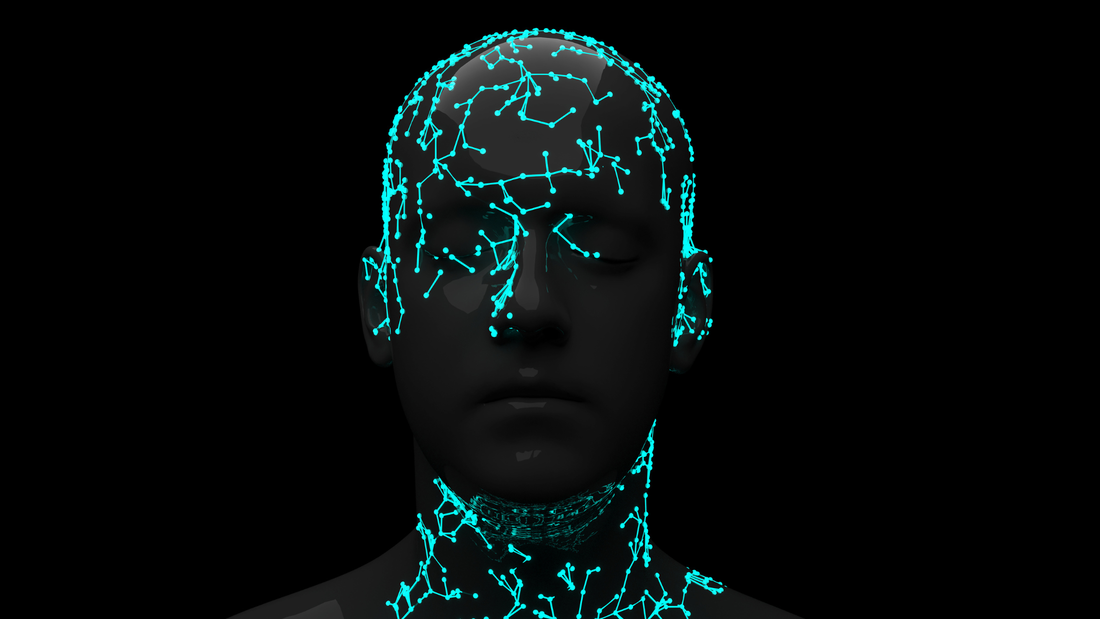|
Facial recognition software is a problem when it doesn’t work. It can conflate the innocent with the guilty if the two have only a passing resemblance. In one test, it identified 27 Members of Congress as arrested criminals. It is also apt to work less well on people of color, leading to false arrests.
But facial recognition is also problem when it does work. One company, Vintra, has software that follows a person camera by camera to track any person he or she may interact with along the way. Another company, Clearview AI, identifies a person and creates an instant digital dossier on him or her with data scrapped from social media platforms. Thus, facial recognition software does more than locate and identify a person. It has the power to map relationships and networks that could be personal, religious, activist, or political. Major Neill Franklin (Ret.) Maryland State Police and Baltimore Police Department, writes that facial recognition software has been used to violate “the constitutionally protected rights of citizens during lawful protest.” False arrests and crackdowns on dissenters and protestors are bound to result when such robust technology is employed by state and local law enforcement agencies with no oversight or governing law. The spread of this technology takes us inch by inch closer to the kind of surveillance state perfected by the People’s Republic of China. It is for all these reasons that PPSA is heartened to see Rep. Ted Lieu join with Reps. Shelia Jackson Lee, Yvette Clark and Jimmy Gomez on Thursday to introduce the Facial Recognition Act of 2022. This bill would place strong limits and prohibitions on the use of facial recognition technology (FRT) in law enforcement. Some of the provisions of this bill would:
The introduction of this bill is the result of more than a year of hard work and fine tuning by Rep. Lieu. This bill deserves widespread recognition and bipartisan support. Comments are closed.
|
Categories
All
|


 RSS Feed
RSS Feed